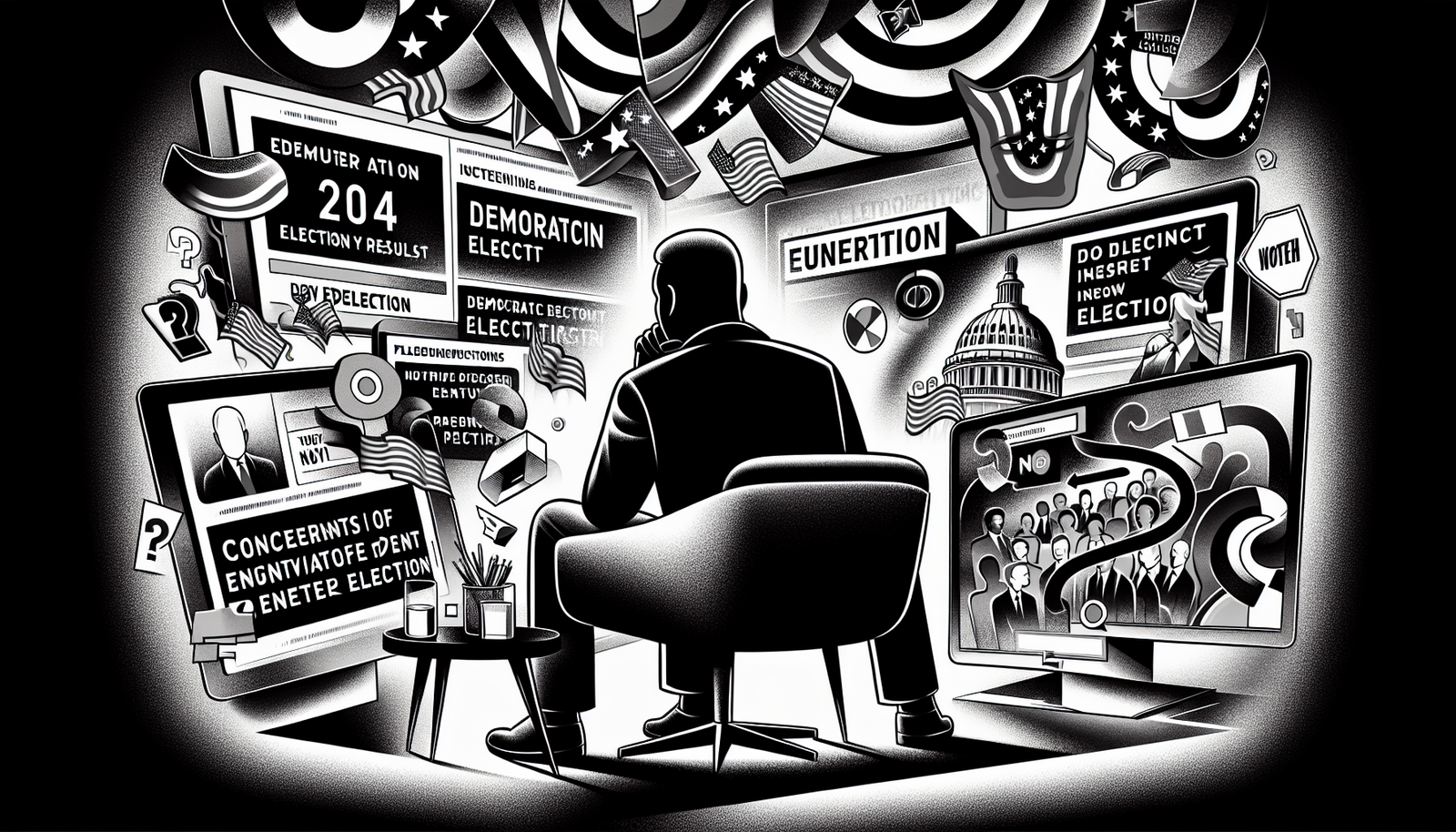
Election Deniers and Their Potential Influence
As of September 13, 2024, concerns are mounting about the potential influence of election deniers on the upcoming presidential election. These individuals often support Donald Trump’s conspiracy theories about fraudulent elections, and many fear they could disrupt the vote counting process in crucial swing states. With at least 239 election deniers involved in various electoral contests, including significant roles on election boards, the integrity of the election certification process is at stake.
The Role of Donald Trump
Former President Donald Trump continues to play a central role in stoking tensions. He frequently reiterates his claims of winning the 2020 election and spreads unfounded assertions about voter fraud and other election-related conspiracies. His persistent rhetoric has emboldened election deniers, many of whom are now in positions where they could potentially influence the outcome of the election.
Narrow Presidential Race
The 2024 presidential race is exceptionally tight, with Trump facing Democratic candidate Kamala Harris. Recent polls indicate a nearly tied contest in several key states, elevating the risks of disruptions during the voting and counting process. This close race underscores the critical role that fair and transparent vote counting plays in the democratic system.
Local-Level Concerns and Broader Implications
One of the most concerning aspects is the potential impact on vote counting at the local level. Election deniers occupying positions of power on local election boards could obstruct the certification of county results, leading to delays and chaos. Pennsylvania, a critical swing state with 19 electoral votes, is particularly vulnerable, with 49 election deniers, including 29 election administration officials, in pivotal roles. This situation is further complicated by the movement’s alignment with the Republican Party mainstream.
Despite these challenges, the electoral system has implemented several reforms to bolster its resilience. The Electoral Reform Act, for instance, has clarified the process for certifying electoral college votes, aiming to prevent disruptions similar to those witnessed in the aftermath of the 2020 election. However, experts like Rick Hasen caution that the spread of conspiracy theories still poses a significant threat, potentially causing chaos and delays in vote counting.
A Historic Movement
The election denial movement gained significant momentum following the 2020 US presidential election. After losing to Joe Biden, Trump and his associates made consistently false allegations of fraud and sought to overturn the election results. This movement has since evolved, with a considerable number of election deniers now in positions that could impact the 2024 electoral process.
As the November election approaches, the spotlight is on the integrity of the democratic process. With preparations and safeguards in place, the hope is to ensure a peaceful and fair election. However, the potential impact of election deniers remains a pressing concern that could shape the future of American democracy.
